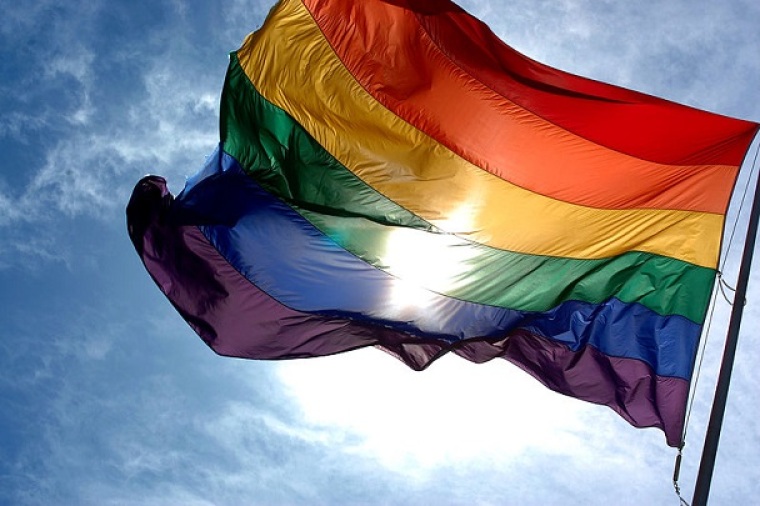UN approves first LGBT 'protector' despite nations' objections

NEW YORK (Christian Examiner) – An effort to delay the appointment of an independent expert to research crimes against LGBT persons worldwide for the United Nations has failed, in spite of heavy opposition from traditionally conservative countries in Africa.
Lifesite News reports that late Monday, the Latin American and Caribbean contingent pushed forward a measure to override the delay proposed by 54 African nations, which wanted the UN to slow down and consider the impact of the appointment on countries where homosexuality is still seen as taboo.
We are even more disturbed at the attempt to focus on certain persons on the grounds of their sexual interests and behaviors, while ignoring that intolerance and discrimination regrettably exists in various parts of the world, be it on the basis of color, race, sex or religion, to mention only a few.
They also did not believe the UN had the authority to appoint such a position to weigh in on how countries operate internally with respect to their cultural values and ideas related to "sexual interests and behaviors."
"The African Group is strongly concerned by the attempts to introduce and impose new notions and concepts that are not internationally agreed upon," Charles Ntwaagae, ambassador from Botswana, said November 4.
"We are even more disturbed at the attempt to focus on certain persons on the grounds of their sexual interests and behaviors, while ignoring that intolerance and discrimination regrettably exists in various parts of the world, be it on the basis of color, race, sex or religion, to mention only a few."
In the end, however, protests from the Africana countries did not matter. The Human Rights Council at the UN voted 84-77 to adopt the Latin American-Caribbean proposal. Twelve countries abstained.
The council's report recommending the new LGBT administrator was then approved 94-3. Eighty countries – nearly half of those on the council – abstained from the vote to pass the report on to the General Assembly.
Opponents of the LGBT agenda see the position of the LGBT investigator as an effort to drive a wedge between the rest of the world and the countries that do not support the LGBT movement. And this is only the latest effort to promote the LGBT agenda at the UN, where 76 member states – including Russia – still outlaw homosexuality.
In March, for example, the UN Postal Administration (UNPA) gave approval to the worldwide lesbian, gay, bisexual and transgender (LGBT) movement through its release of six commemorative stamps promoting the UN "Free & Equal" campaign.
The initiative, overseen the by the Office of the High Commissioner for Human Rights, featured stamps showing gay men and women embracing, gay men with an adopted child, a "transgender butterfly" and a figure coming out of the darkness of a closet. The set featured two stamps in German, two in French and two in English.
When the stamps were issued, Nigeria's ambassador, Usman Sarki, said many of the African states – tied either to European mainline denominations or the Catholic Church – oppose same-sex relationships strongly. Sarki and others want the stamps recalled.
"We wish to remind the UN to limit itself strictly to activities mandated by member states and especially to promote issues that are beneficial to mankind rather than lend itself as tool to promote aberrant behavior under the guise of promoting human rights," Sarki said.
"The UN should not take unilateral decisions on such sensitive matters that offend the sensibilities of the majority of its member states, and contradict their religious beliefs, cultures, traditions and laws."
The UNPA refused to recall the stamps.
The call for the LGBT investigator was approved by the council in July. When it was, representatives from Nigeria could be heard shouting, "No! No! No!" The Nigerian delegation also said the process had been hijacked by other states and used to promote "offensive attitudes."
In addition to Africa, a number of countries in the Middle East, along with China and Russia, also oppose the advance of LGBT activities on the part of the UN.
Thailand's Vitit Muntarbhorn, a professor of law at the University of Bangkok, will serve as the first "UN Independent Expert on Protection against Violence and Discrimination based on Sexual Orientation and Gender Identity."
The UN yesterday called on "all States to recognize their responsibility to preserve the human rights system and ensure that the Independent Expert is able to continue fulfilling his mandate without hindrance and with the full cooperation of all States and other stakeholders."